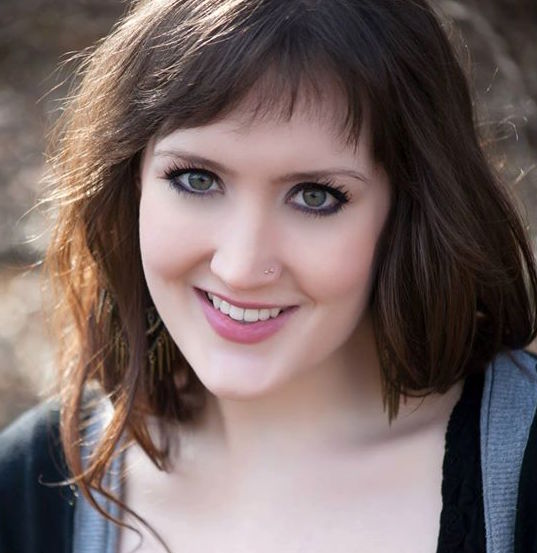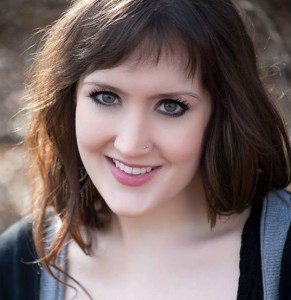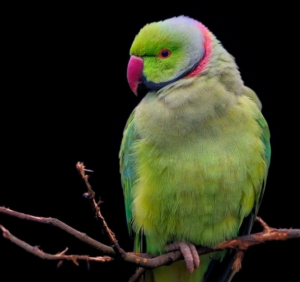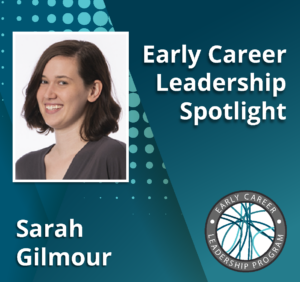Publishing research in one of the GSA Journals as an undergraduate is a significant and valuable authorship experience and we want to hear your story (even if it was published years ago!). GSA’s Spotlight on Undergraduate Research showcases GENETICS and G3: Genes|Genomes|Genetics authors who were undergraduates when contributing to their paper.
Kelsey Moore
Graduate Student, University of Minnesota
Undergraduate Institution: Hope College
Research Advisor: Dr. Aaron Putzke
How did you become involved in research?
I attended Hope College because of its reputation for excellence in undergraduate science training and research opportunities. After settling into my biology major my first year, I was looking to join a research lab to further develop and expand the skill set I was acquiring through my course work. Prior to the beginning of my sophomore year, I met with Dr. Aaron Putzke, a recent hire at the institution, to see if I could work in his lab. Not only were the research and techniques interesting and outside of what I would gain through lab classes, but also his eagerness and enthusiasm for the science was infectious. I began work that fall and continued to work in the lab until my graduation in 2012.
What was it like authoring and contributing to this paper?
I was very happy to be included in the final publication of the project that I had worked on throughout my undergraduate career. Although I had presented several posters and written a capstone thesis on the data I had collected, it was very gratifying to see how the project had expanded since I graduated, and how all of the data collected was able to come together into a cohesive story.
What was the most interesting (or fun!) aspect of your time working on this project?
Although there were lots of enjoyable aspects of working on this project, probably my favorite was being able to be not just a student, but also a colleague, of Dr. Putzke’s. It is a really neat experience to feel like someone you respect and look up to both as a scientist and a person actually values your opinions and ideas.
How did working on this project influence what you’re doing now (if at all)?
Through independent research with Dr. Putzke, I not only gained a variety of laboratory skills and experience within an active research lab that I would have not been able to cultivate within normal lab classes, but I was able to gain experience in proposal writing to fund summer research, in which I received a HHMI undergraduate scholarship, as well as presenting skills through presenting posters both at within college events as well as outside of the college (Midstate’s consortium, international C. elegans meeting). These experiences were paramount in demonstrating to graduate schools I was serious about continuing my research career and is a testament to the experiences that an undergraduate can have at a small liberal arts college where students are enabled and encouraged to perform high-quality science research. I believe due to the outstanding training I received at Hope College as well as through my undergraduate work with Dr. Putzke, I was thoroughly prepared to enter graduate school with many great experiences that my peers were not afforded during their times at larger universities.
CITATION
Asymmetric Wnt Pathway Signaling Facilitates Stem Cell-Like Divisions via the Nonreceptor Tyrosine Kinase FRK-1 in Caenorhabditis elegans. , , , , , , and















